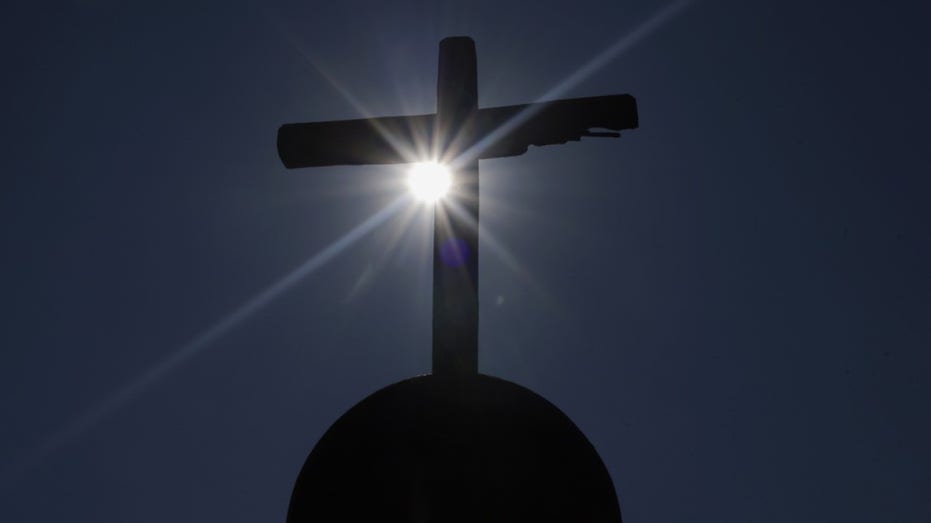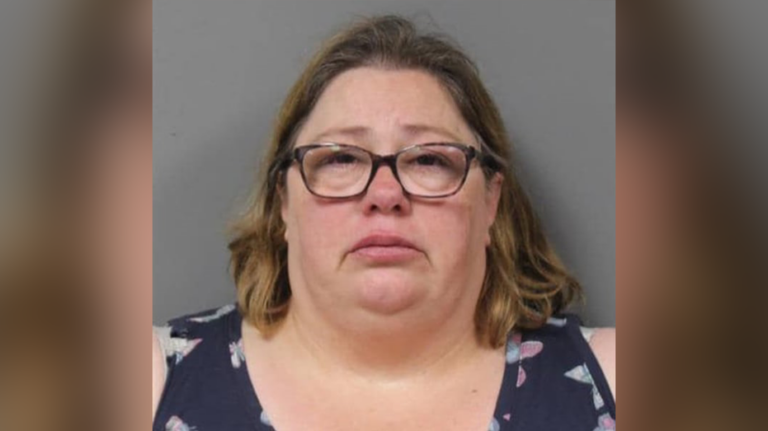
Fox News Digital chatted with Diana Thomson, from the Beckett Fund for Religious Liberty, about Minnesota’s efforts to prevent two Christian colleges from participating in the dual enrollment program.
Two Minnesota Christian colleges are challenging the state after a decades-long law was amended to exclude them from participating in the state’s dual enrollment program because they require students to sign statements of faith.
Since 1985, Minnesota’s postsecondary enrollment program allowed thousands of high school students, desiring to attend both private and public colleges, to enroll in a program and simultaneously receive high school and college credits for free. In 2023, the state amended the program law to exclude schools that require students to sign a statement of faith on the application, a decision that would single out Crown College and the University of Northwestern, St. Paul, according to legal representation. Now, the colleges are fighting the measure, saying it discriminates on the basis of religious exercise.
Fox News Digital spoke to Diana Thomson from the Beckett Fund for Religious Liberty, who is representing the schools in the case against the state.
“The Supreme Court has said over the last decade that, especially in the context of education, the government does not have to offer funding to private schools,” Thomson told Fox News Digital. “It runs public schools. It doesn’t have to offer funding to private schools, but once it does, it can’t exclude religious schools on the basis of their religious status, their religious exercise. So, there are cases around the country where governments are trying to get around this, what the Supreme Court said, and exclude religious schools from education programs. This is the only one I’m aware of that is a dual enrollment program.”
The court documents allege officials singled out the two colleges’ practices, going as far as calling the statements of faith “creepy” and “admitted that the Amendment’s purpose was to force Crown and Northwestern to abandon their faith statements.”
“One of the things that you heard from the lawmakers … in the discovery process. … was .. ‘These other schools don’t require a statement of faith. Why can’t Crown and Northwestern just do what they do? Why can’t they just adopt their religious beliefs?,” Thomson told Fox News, explaining the Constitution does not require schools to change their beliefs to receive public dollars.
“From proposal through passage, the Amendment targeted Plaintiffs,” the lawsuit alleges. “Staff admitted the proposal was motivated by objections to any admissions standards requiring students to be ‘actively practicing [their] Christian faith.’ (Ex. 21 at 1. ) MDE also wanted to eliminate any messaging that ‘may communicate to a potential student that they are not welcome to take a PSEO course … because of [the school’s] biblical worldview.’ (Reynolds.Tr.1 132:8-133:19.)”
Thomson said the law is not about the “separation of church and state, it’s about choice.”
“It’s about giving students a choice of where they want to go to school. Students have the choice to go to the University of Minnesota, to any public or private school in Minnesota that offers this program,” she said. “Some students want to choose schools that establish a community that allows them to carry out their faith. That’s what this program allows. It doesn’t establish a religion for the government to offer choice.”
If the provision passed, the lawyer says families that have sent all their children to Crown and Northwestern will now not have the same opportunities for their younger children who wish to obtain dual enrollment credits.
“I think it’s important for governments to understand that they can’t exclude religious schools and religious entities from participating in government programs just because of their religious exercise,” Thomson said. “Membership in religious organizations is a core constitutional right that is protected by the First Amendment. For the government to interfere in that is a blatant violation of the Constitution.”
Fox News Digital reached out to the Minnesota Department of Education and the Commissioner’s Office. They did not respond to multiple requests for comment.



